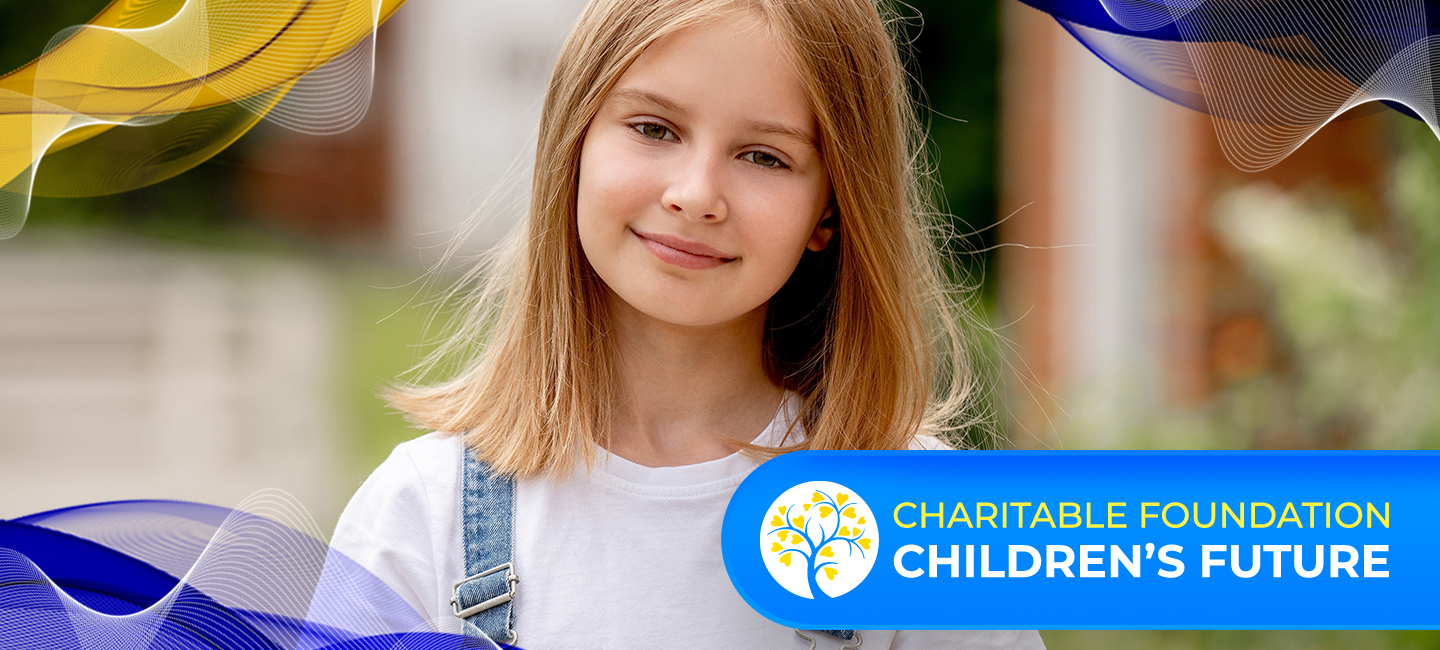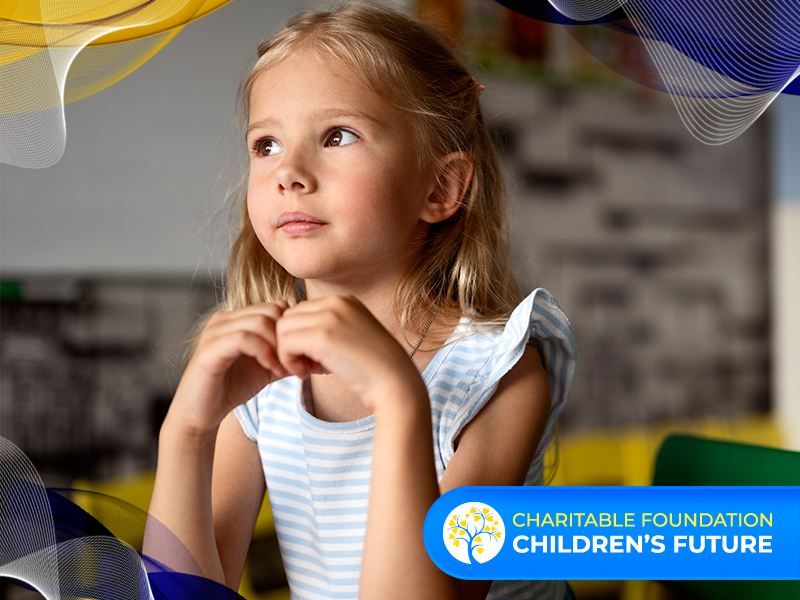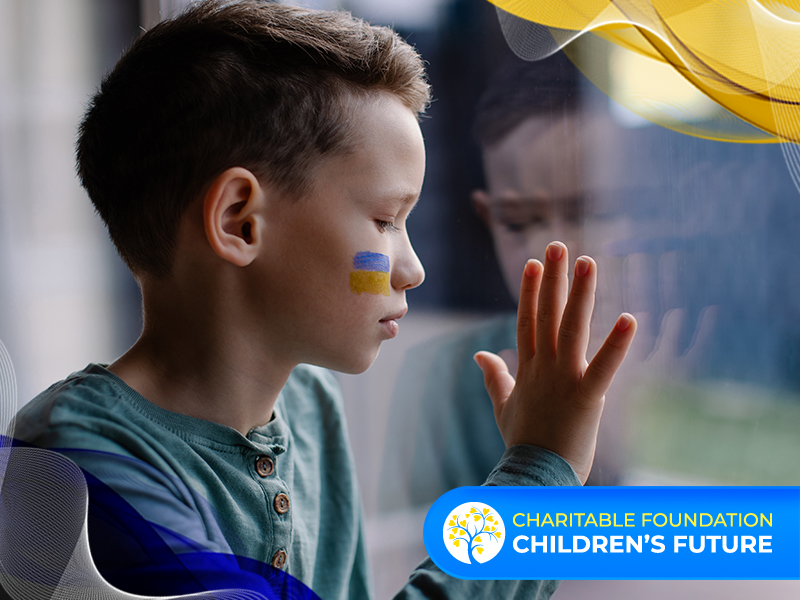Relocation can be a challenge for children as they have to adapt to a new environment, new people, and most importantly, a new school program. However, forced displacement should become an opportunity to create more effective educational strategies rather than a barrier to learning. School education is the key to a successful future, so it must be accessible to displaced students even in difficult circumstances. Find out what is needed for this.
What the School Program Should Be Like
Parents of displaced children should ensure that the school program meets the following criteria.
• Understanding Needs. The school education program should take into account the needs of displaced students, including their previous achievements, interests, abilities, and more. To do this, schools can conduct individual or group interviews with students, use questionnaires and tests that help better understand the needs and expectations of children.
• Personalized Learning. Each student is unique, and school education for displaced students should take this individuality into account. This means adapting learning materials and methods to specific needs. Teachers can develop individual learning plans for each student, considering their skills, level of material comprehension, and other characteristics.
• Access to Additional Resources. Displaced students often need special support for successful learning. It is beneficial if the school education includes supplementary language lessons, teacher consultations on other subjects, access to specialized learning materials, and more.
• Psychological Support. A displaced person is someone who has experienced a stressful situation. Therefore, school education should also include psychological support and resources to overcome emotional difficulties. Schools can provide individual consultations with a psychologist and organize group sessions. The main goal is to create a safe environment for open discussion of problems and finding solutions.
• Interactive Approach. Using interactive methods such as group projects, role-playing games, practical tasks, and others can contribute to better material comprehension. Modern teaching methods can be more effective for displaced students.
• Collaboration with Parents. It is important for the school to actively collaborate with the families of displaced students, providing information about educational opportunities and resources available for children. Convenient communication channels that keep parents informed about the learning process and help children adapt to new school conditions are beneficial.
Adapting school education for displaced students is a complex but extremely important process that helps children feel part of a stable environment again. The methods described above are just a start. It is important for the school administration to regularly assess the effectiveness of measures, make adjustments based on the specific needs of students, and the unique aspects of their situation.
Challenges and Prospects
Adapting the school program to the needs of displaced students requires considerable effort from all participants: teachers, school administration, parents, and the community. Sometimes this process is hindered by various factors and bureaucratic obstacles. But is there a way out? Yes, the Charitable Foundation "Children’s Future" together with the online school "Optima" offer several educational options for displaced students.
• Scholarship programs for the most vulnerable children – full or partial compensation of education costs.
• Charitable program "Recovery of Educational Losses" – free access to unique educational materials.
• Blended learning program in Ukrainian schools based on the online school "Optima" – an experimental mixed online-offline learning program.
• Free study of Ukrainian history and literature for Ukrainians abroad – an opportunity to preserve national identity and receive quality education.
These initiatives aim to provide access to education for all children, regardless of their status or life circumstances. Contact us if you need help with school education for your children or if you know displaced people who need support. Together, we can find ways to ensure full development and successful adaptation in the new environment.

















